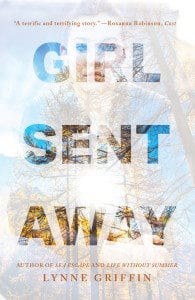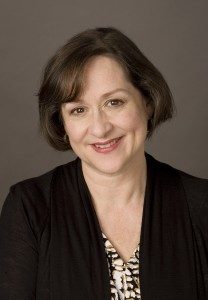Early in my career as a writer, countless agents, editors, and published authors offered me the same advice: “Submit only your best work.” Back then I had no idea how to know if my fiction was ready for expert eyes.
Several novels later, I’ve come up with three kinds of trusted readers I approach for feedback before I share a draft with my agent.
Avid readers
Brunonia Barry famously printed out hardcopies of her first novel, The Lace Reader, and in partnership with her local independent bookstore, got it into the hands of several book clubs. Then she’d sit in on their discussions of her novel, taking notes so she could use the feedback to better shape the story. Many revisions later, she landed a notable deal with a big publisher.
Now I’m not suggesting you undertake something this strategic, but I do think finding avid readers who have insight into what works and what doesn’t in your novel and genre can be invaluable.
My only caveat is not to lean too heavily on readers you know because it’s harder to get the kind of critical feedback you need from family or friends.
Experienced writers
Of course you’ll want to have writers take a look at your manuscript to evaluate your mastery of craft. That said, beware of only tapping writers with your same level of experience. Many a writer has been sidetracked by the back-and-forth dance found in writers’ groups, where you revise and revise to the whims of other novice writers, ones who may not write what you write. Instead, consider getting feedback from experienced writers or editors with the ability to see and evaluate your manuscript based on structure, voice, character development, plot, and narrative drive.
Content experts
Every good novel explores what the writer knows and what he or she doesn’t yet know. This third type of trusted reader can be used to inform the accuracy and plausibility of a unique setting or the psychological or social issues you explore in your novel. For my debut novel, Life Without Summer, I asked fellow counselors to read to be sure I got the grief experience right. And since one of my characters in Sea Escape is a landscape architect and I am not, I asked a professional in the field to read and offer comment.
Nailing content details matters a lot to readers and it should to you, too.
Now you have to take the next step. Prepare your heart for feedback. Are you ready? We’ll talk about that in my next post, coming up soon. Who are your first readers, and why? Let’s chat on the Career Authors Facebook page.

 Lynne Griffin is a nationally recognized expert on family life and the author of the family-focused novels Girl Sent Away, Sea Escape, and Life Without Summer. She’s also the author of the parenting guides Let’s Talk About It: Adolescent Mental Health and Negotiation Generation. Lynne is available to speak to parents, teachers and healthcare providers about social-emotional learning, adolescent mental health, addiction, and behavior management. Contact her here.
Lynne Griffin is a nationally recognized expert on family life and the author of the family-focused novels Girl Sent Away, Sea Escape, and Life Without Summer. She’s also the author of the parenting guides Let’s Talk About It: Adolescent Mental Health and Negotiation Generation. Lynne is available to speak to parents, teachers and healthcare providers about social-emotional learning, adolescent mental health, addiction, and behavior management. Contact her here.





